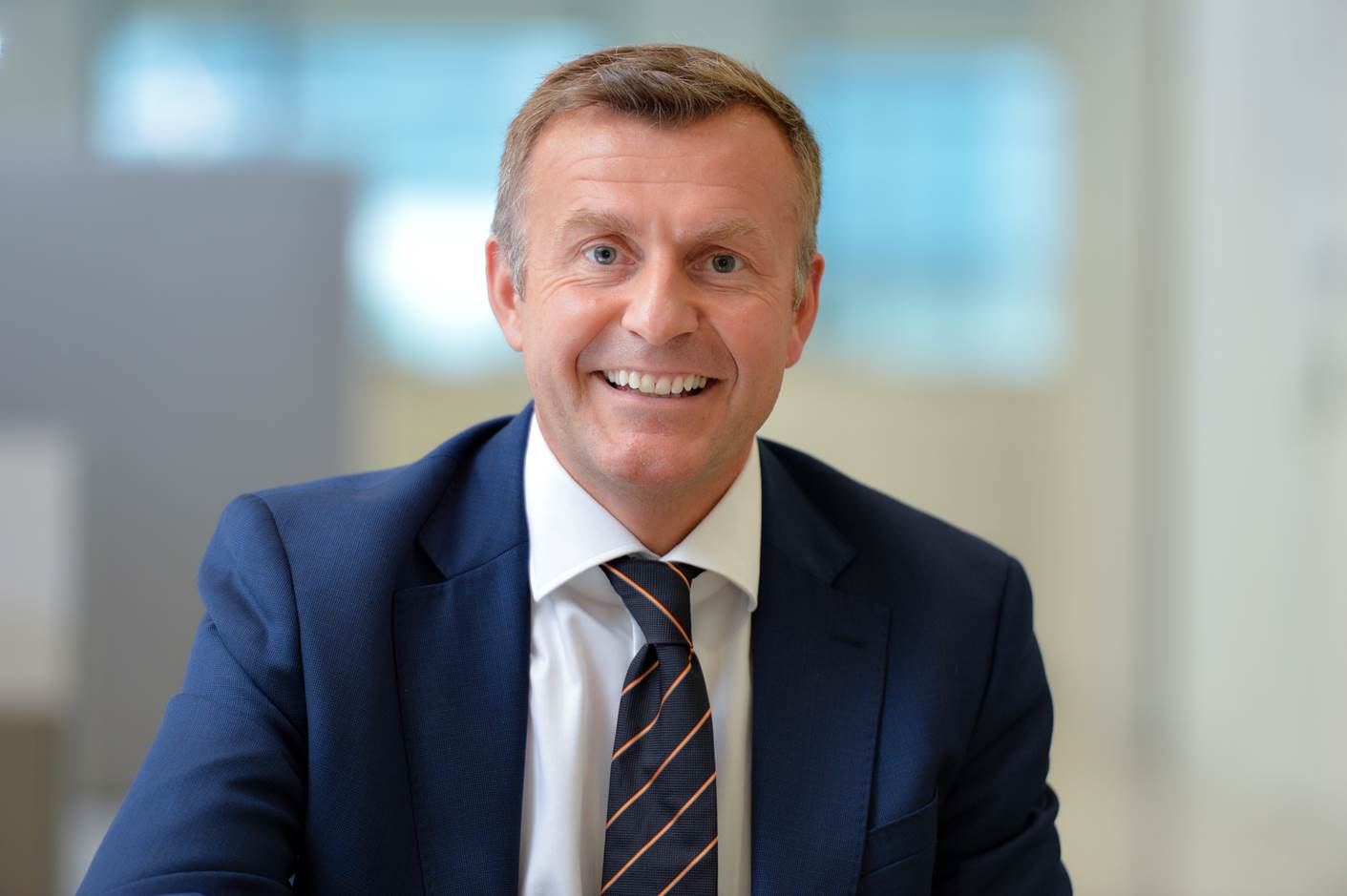
Sara Benwell: What are your operational priorities and how are you planning to achieve them?
Mike Tumilty: Obviously, we've been involved in a significant amount of M&A and integration activity, which effectively leaves us with a rationalized, streamlined operating model. In a world that is becoming increasingly complex, the operational priority for us is to try and make sure we've got an ecosystem which can deal with that complexity in a more simplistic way.
What our transformation program has been all about is creating a well-defined operating model, particularly, for example, in the public markets space that deal with equities, fixed income and multi-asset in a consistent and optimal way. It helps deal with the cost imperatives.
"The other thing we have also been doing is making sure that our supply chain is sufficiently rationalised"
The other thing we have also been doing is making sure that our supply chain is sufficiently rationalised so that ultimately you get the benefit of economies of scale. Our digital-first approach effectively reduced the amount of manual activities in the management of assets and clients, leveraging technology in a far more effective way. It should improve the level of service we can offer and also reduce the cost to service.
One of our operational priorities is partnering with organizations like TCS to look to leverage the vast array of capabilities that they offer to help our development journey, We employ the best organizations in custody, fund administration, middle office, transfer agency and technology to access phenomenal capabilities for a lower price point than if we were doing it ourselves.
Sara: What changes are you making from an ESG perspective
Mike: There are three aspects we consider: how we act as an investor; how we act as a corporate with our own targets and commitment to society; how we manage our supply chain - because we have a significant dependency on third party service providers.
We've got to be very clear in our corporate commitments in the ESG space. And we need to make sure that our corporate commitments are aligned through our investment management approach and our supply chain, so that we don't fall foul anywhere within that triangle.
Sara: What does the future mean in terms of personnel skills and how is the role of the COO adapting?
The role of the COO will become much more about orchestrating ecosystems in order to develop capabilities that match that the organization needs.
The role of the COO is to make sure they've got a team of people who understand the business needs and can articulate those needs to either fulfil themselves or go get them from somebody else's ecosystem.
"History is important, but we're not curators and we need to think about what we need to guide us going forwards.."
The discussions around third party supply management and oversight are going to be more valued and increasingly important.
I do think it's a balance between being able to manage relationships and technical skills to create a unified culture, so it becomes less about where you've been and where you've come from and more about where you're going.
Our new CEO talks about us all needing to be futurists. History is important, but we're not curators and we need to think about what we need to guide us going forwards..
Please Sign In or Register to leave a Comment.
SUBSCRIBE
Get the recent popular stories straight into your inbox




